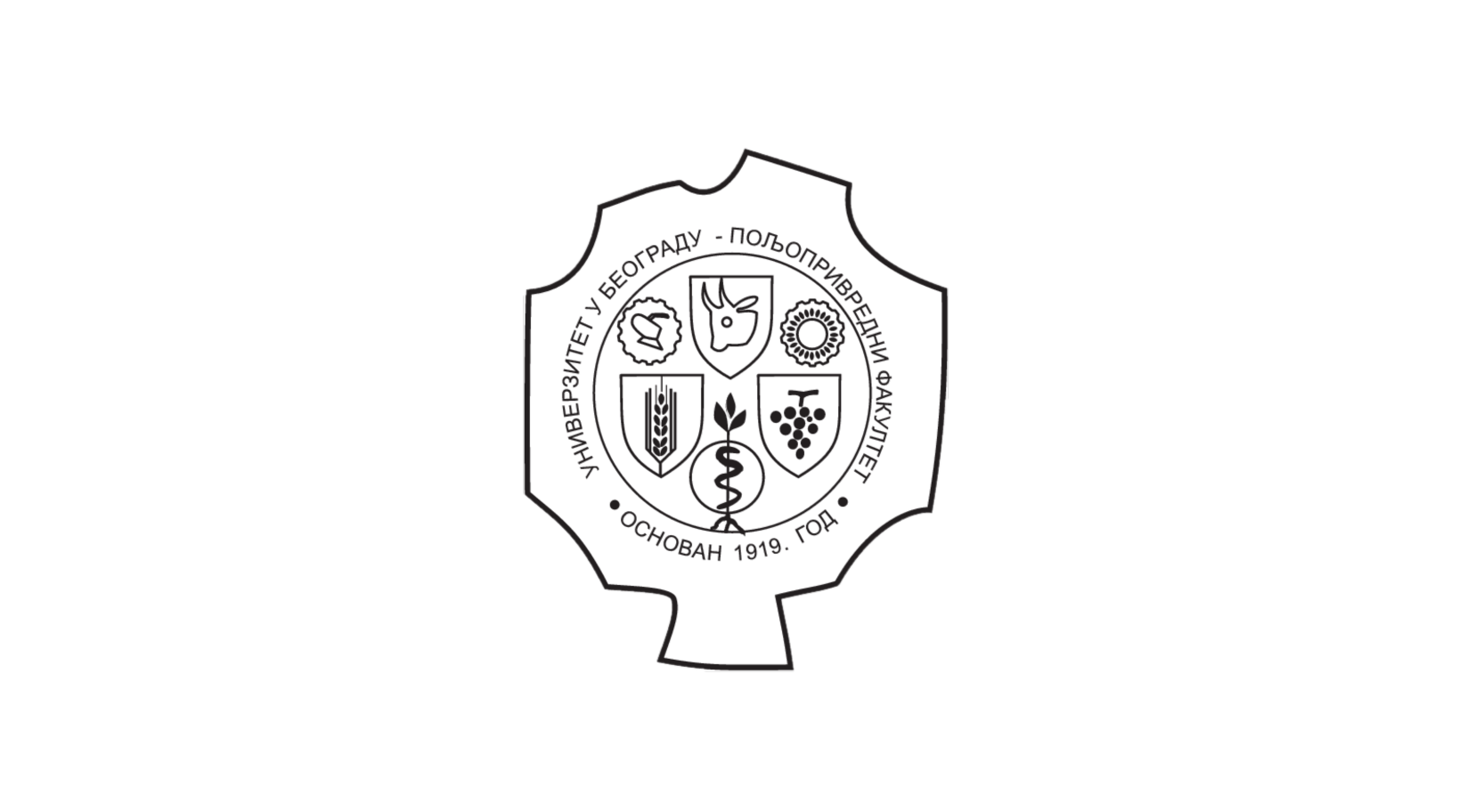Приказ основних података о документу
Validation of novel food safety climate components and assessment of their indicators in Central and Eastern European food industry
| dc.creator | Tomašević, Igor | |
| dc.creator | Bursać-Kovačević, Danijela | |
| dc.creator | Jambrak, Anet Rezek | |
| dc.creator | Szendro, Katalin | |
| dc.creator | Zotte, Antonella Dalle | |
| dc.creator | Prodanov, Mirko | |
| dc.creator | Solowiej, Bartosz | |
| dc.creator | Sirbu, Alexandrina | |
| dc.creator | Subić, Jonel | |
| dc.creator | Roljević, Svetlana | |
| dc.creator | Semenova, Anastasia | |
| dc.creator | Krocko, Miro | |
| dc.creator | Duckova, Viera | |
| dc.creator | Getya, Andriy | |
| dc.creator | Kravchenko, Oksana | |
| dc.creator | Đekić, Ilija | |
| dc.date.accessioned | 2020-12-17T22:58:52Z | |
| dc.date.available | 2020-12-17T22:58:52Z | |
| dc.date.issued | 2020 | |
| dc.identifier.issn | 0956-7135 | |
| dc.identifier.uri | http://aspace.agrif.bg.ac.rs/handle/123456789/5410 | |
| dc.description.abstract | Important insight into the Central and Eastern European food industry, beyond traditional food safety (FS) management and reflects on its food safety climate or the human route of its food safety culture is provided. Novel FS climate self-assessment tool was developed and validated by 65 FS experts from governmental agencies, third party certification bodies, food sector associations, universities and food industry. Three original FS climate components: FS knowledge, business priorities and FS legislation, were introduced and their nine components were assessed in nine Central and Eastern European countries involving 470 food companies. FS knowledge was better assessed in big and medium sized than in small companies. Knowledge component was equally assessed as good, irrespective of the FS risk profile of the food company surveyed while certified FS management system was charted by higher FS knowledge scores within a same food company. Business priorities in Central and Eastern European food organizations were related to hygiene and food safety and were always put before profit regardless of the company size. Hygiene and food safety were seen equality as a critical business success factor irrespective of the associated level of riskiness. FS climate legislation component in all food organizations surveyed was assessed affirmatively. Central and Eastern European food companies seemed to avoid problems in cooperation and trust between food safety leaders and other employees, since they have perceived FS climate highly and similarly. EU operating food companies had comparable overall FS climate to non-EU companies mostly because they have equally perceived their business priorities and appropriateness of associated FS legislation. The only exception was the FS knowledge that was better assessed in EU than non-EU food enterprises. | en |
| dc.publisher | Elsevier Sci Ltd, Oxford | |
| dc.rights | restrictedAccess | |
| dc.source | Food Control | |
| dc.subject | Food safety climate | en |
| dc.subject | Food safety culture | en |
| dc.subject | Knowledge | en |
| dc.subject | Legislation | en |
| dc.subject | Business priorities | en |
| dc.subject | Eastern Europe | en |
| dc.subject | Central Europe | en |
| dc.title | Validation of novel food safety climate components and assessment of their indicators in Central and Eastern European food industry | en |
| dc.type | article | |
| dc.rights.license | ARR | |
| dc.citation.other | 117: - | |
| dc.citation.rank | aM21 | |
| dc.citation.volume | 117 | |
| dc.identifier.doi | 10.1016/j.foodcont.2020.107357 | |
| dc.identifier.scopus | 2-s2.0-85084997106 | |
| dc.identifier.wos | 000541152600020 | |
| dc.type.version | publishedVersion |


